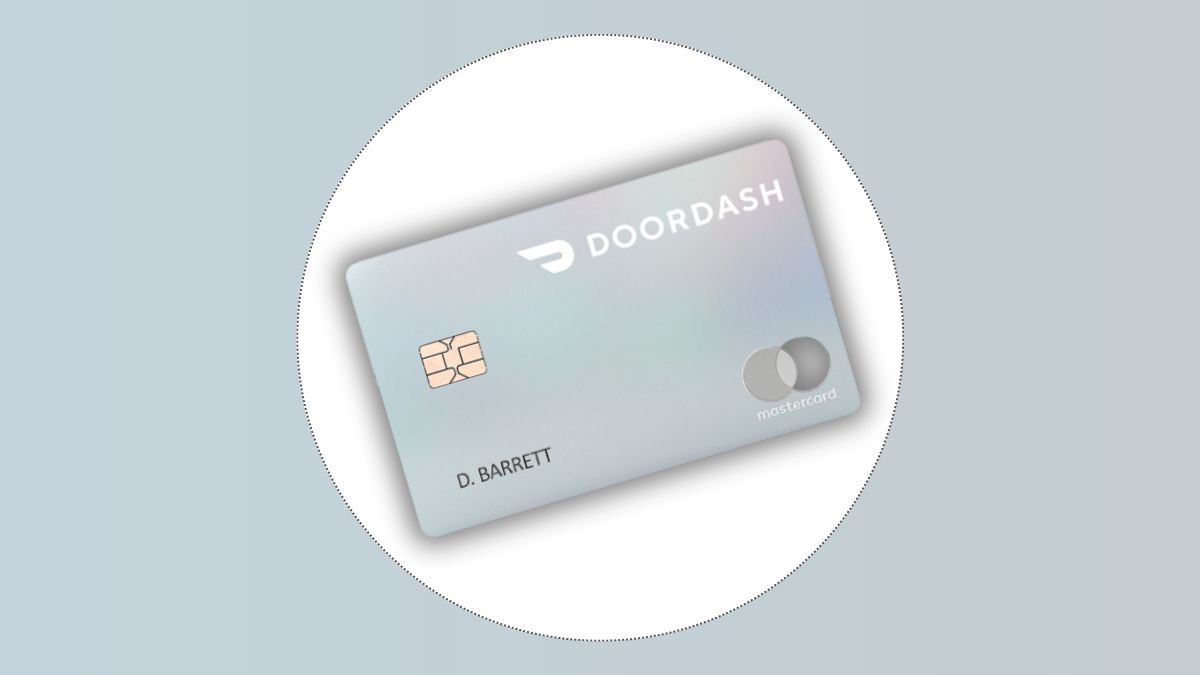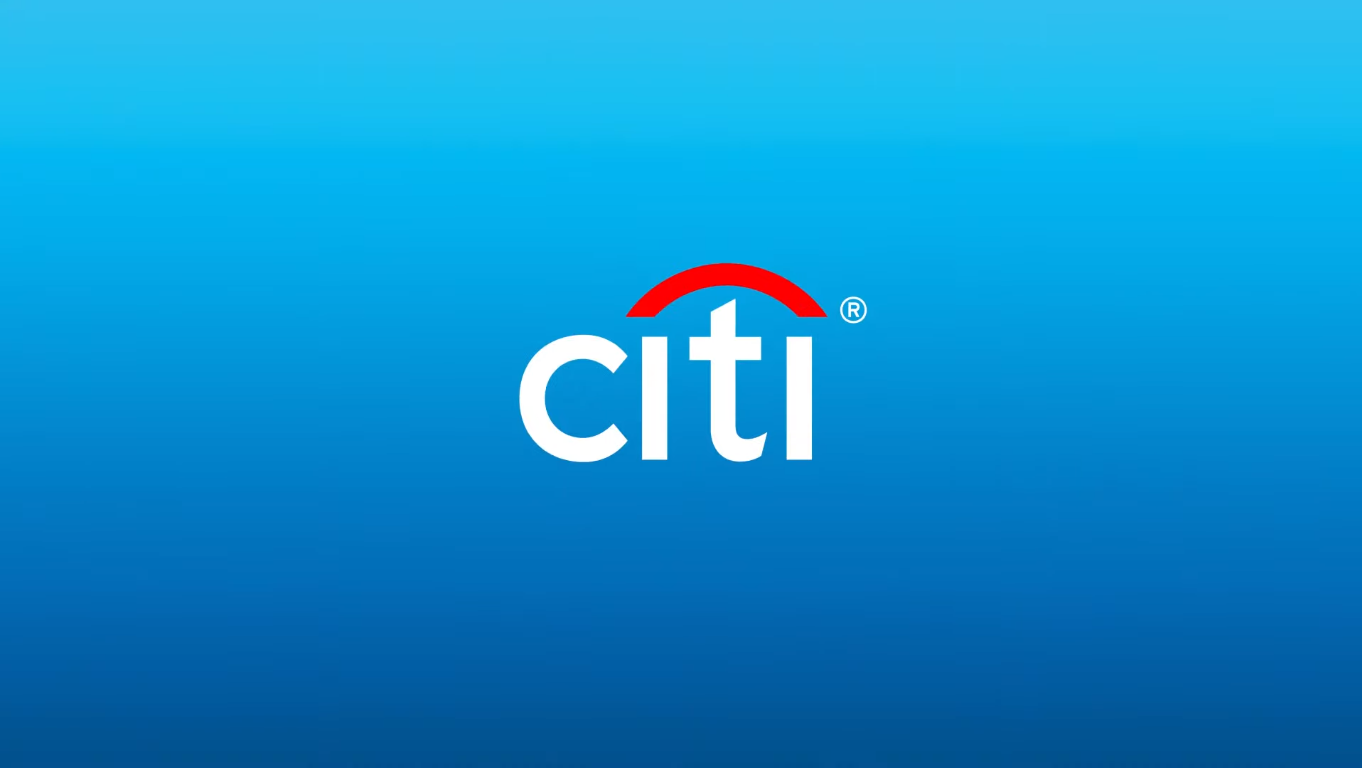Investments
Investing for students: how to get started today!
This guide will help you start investing today if you're a student. Learn six steps to learn about investing for students and start your investment journey!
Advertisement
Learn how to invest your money wisely and earn more income now!

Investing your money can be a great way to secure your future and make sure you have the resources you need when you need them. So, read on to learn more about investing for students!

Get financial fitness with 7 steps
When you hear the word "fitness," do you think about going to the gym to work out? You can get fit on your finances too. This article will tell you some easy steps!
It’s never too soon to start investing. In fact, the earlier you start, the more time you’ll have to grow your money!
In this post, we’re going to talk about how students can get started investing their money.
We’ll cover when to invest, what to invest in, and how to make sure your investment portfolio is on track. Let’s get started!
You will be redirected to another website
You’ll receive messages for less than 1 week, with a maximum of 1 message per day. You can unsubscribe anytime by replying STOP. By submitting this form, I confirm that I am 18+ years old and agree to the Privacy Policy and Terms and Conditions. I also provide my signature, giving express consent to receive informational messages via automated emails, SMS, MMS text messages, and other forms of communication. Message frequency may vary as part of our good-faith effort to respond to your inquiry. Message and data rates may apply. Text STOP to cancel. I understand that my consent to receive communications is not a condition of purchase and that I may revoke my consent at any time.
Advertisement
Is it too early to start investing while in college?

Many students believe that investing is something that only wealthy people do.
However, investing is not only for the rich. In fact, investing can be a great way for students to create and secure their financial future.
By investing early on, students can take advantage of compound interest and build up a nest egg that will support them later in life.
Moreover, investing can help students to reach their financial goals sooner than they would if they simply saved money in a bank account.
Of course, there are risks associated with investing, but by taking a cautious approach and doing some research, students can minimize these risks.
So don’t wait until you’re out of school and building your career – start investing now and you’ll be on your way to a bright financial future.

How to download the best offline GPS apps?
When you're out and about, there's no need to worry about losing your way. Learn how to download these offline GPS navigation apps to make sure you always know your way!
How much money do you need to start investing?
Investing can be a great way to grow your money, but getting started can also be a little daunting.
After all, investing requires some capital to get started. So, how much money do you need to start investing?
The good news is that you don’t necessarily need much money to start investing. There are several options accessible for students on a tight budget.
For example, many banks and investment firms offer investing accounts with low minimum deposit requirements.
Still, many online brokerages offer commission-free trading, making it possible to invest without incurring any transaction fees.
Of course, the amount of money you’ll need to start investing will also depend on your goals and the types of investments you’re interested in.
For example, suppose you’re looking to invest in individual stocks. In that case, you’ll likely need more capital than if you’re simply investing in a mutual fund or ETF.
However, regardless of your goals, it’s important to remember that investing is a long-term process.
So, even if you don’t have a lot of money to start with, investing as a student can still pay off in the future.
Advertisement
6 tips for young investors: learn the best ones

Now that you know more about how student investments work, we’ll give you some tips on how to invest if you are starting in the investment world!
1. Build emergency funds
Our recommendation for students or anyone who wants to start investing is to start slow.
The first step to investing could be saving a little per month and building a fund for emergencies.
What is that? It’s an amount of money you keep for emergencies that might pop up at the last minute. For example, let’s suppose your car broke, and you need extra money to repair it.
With emergency savings, you can take the money you need without having to compromise your current budget for everyday errands.
It can take time for you to save up for emergencies, so start by saving 10% of your monthly budget.
When you have saved up six times your monthly income, then you will have the perfect emergency savings.
It looks a lot, but if you set a goal and keep that in mind, you’ll commit to it and have your emergency savings in a few months.
Advertisement
2. Set long-term and short-term goals
The key to an investing mindset is thinking about long-term and short-term goals.
Both have advantages and disadvantages; then you can choose depending on your circumstances.
- Long-term goals involve investing your money in assets such as stocks or mutual funds that have the potential to grow over time. It is ideal for plans that can take more than five years.
- Short-term goals are more appropriate for buying a new car or saving for a down payment on a house, for example.
3. Open a savings account with high CDs
One of the best things you can do as a student is open a high-yield savings account.
It is a type of account that offers a higher interest rate than a traditional savings account. It means that your money will get wider at a faster pace.
In addition, most high-yield savings accounts have no fees and minimum balance requirements.
That makes them ideal for students just starting out with investing.
4. Free or low-cost brokers
For students, one option is to turn to a free or low-cost broker. These brokers can help you get started in investing without breaking the bank.
Some of the best free and low-cost brokers out there include Robinhood and Acorns. Both of these platforms offer commission-free trading, which means you can buy and sell stocks without paying any fees.
In addition, they both have mobile apps that make it easy to track your investments and make trades on the go.
5. Savings for retirement
Retirement investing is another of the good things you can do as a student. So, the sooner you invest, the longer your funds will have to grow.
And while you may not have much money to invest right now, even small contributions can add up over time.
There are a few different ways you can start investing for retirement. One option is to open an IRA (Individual Retirement Account). You can add up to $6,000 per year to an IRA.
Investing for retirement may seem like a long-term goal, but it’s never too early to start saving.
6. Consider mutual funds
A mutual fund is a pooled investment tool made up of the money of many investors.
The goal is to invest money in a way that will help meet the fund’s goals. There are many options for mutual funds, each with its own set of rules.
We hope that these tips have shown you that being a student is a great time to invest in your future. College can be a great start, but it’s important to save money and think about the future as well.
Learning how to invest your money wisely now will help you earn more income down the road.
And if you want to learn more about how you can deal with finances as a student, read our post below about private student loans!

What is a student private loan?
Paying for college education is not easy, but you can count with a private student loan to help you. Is it a good idea? This content will clarify this question.
Trending Topics

DoorDash Rewards Mastercard® review: Get up to 4% cash back on Food
We have the perfect card to earn $100 cash back bonus! Discover all about the DoorDash Rewards Mastercard® in this review. Read on!
Keep Reading
Blue Cash Everyday® Card from American Express: easily apply
Get your Blue Cash Everyday® Card from American Express easily with our guide - Read now to learn how to apply! 0% intro APR for 15 months!
Keep Reading
Wells Fargo Active Cash® Card review
Read this Wells Fargo Active Cash® Card review and discover if this card is right for you! No annual fee! Earn cash back!
Keep ReadingYou may also like

Application for the Citi® Double Cash Card: how does it work?
Learn all you need to apply for the Citi® Double Cash Card and enjoy a card with no annual fee and double reward points in every purchase.
Keep Reading
Upgrade Bitcoin Rewards Visa® review: is it legit and worth it?
If you'd like to add a few Bitcoins to your wallet, take a look at the Upgrade Bitcoin Rewards Visa® review to learn more about it!
Keep Reading
Best investments for beginner investors: an easy guide on funds and more!
You can find the best investments for beginner investors here, on this content. Don't waste any more time and learn about this topic.
Keep Reading